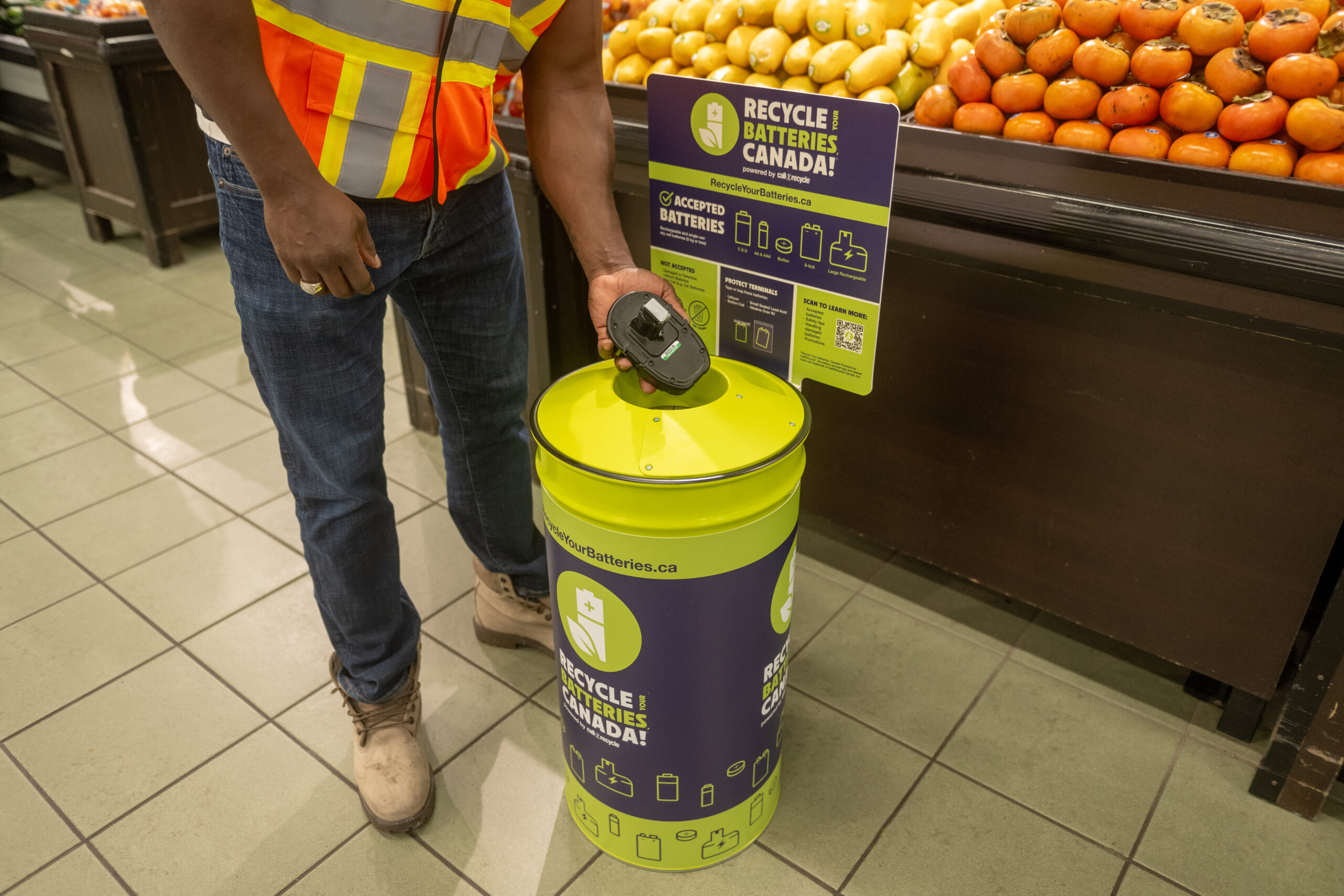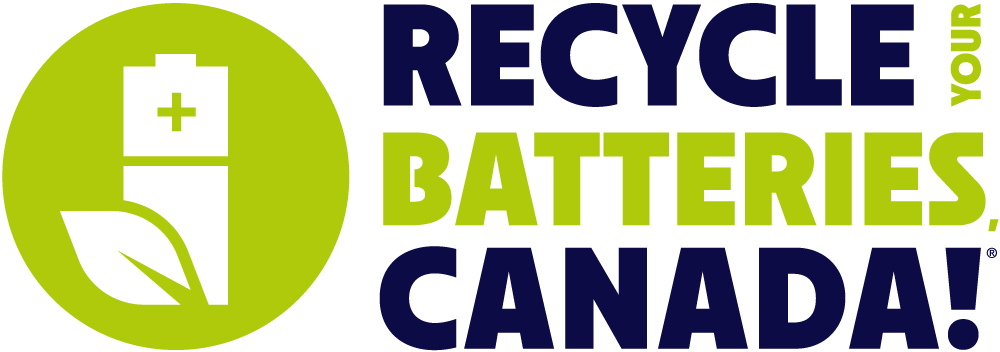How to recycle your household batteries
Always remember: Collect, Protect, Drop off.
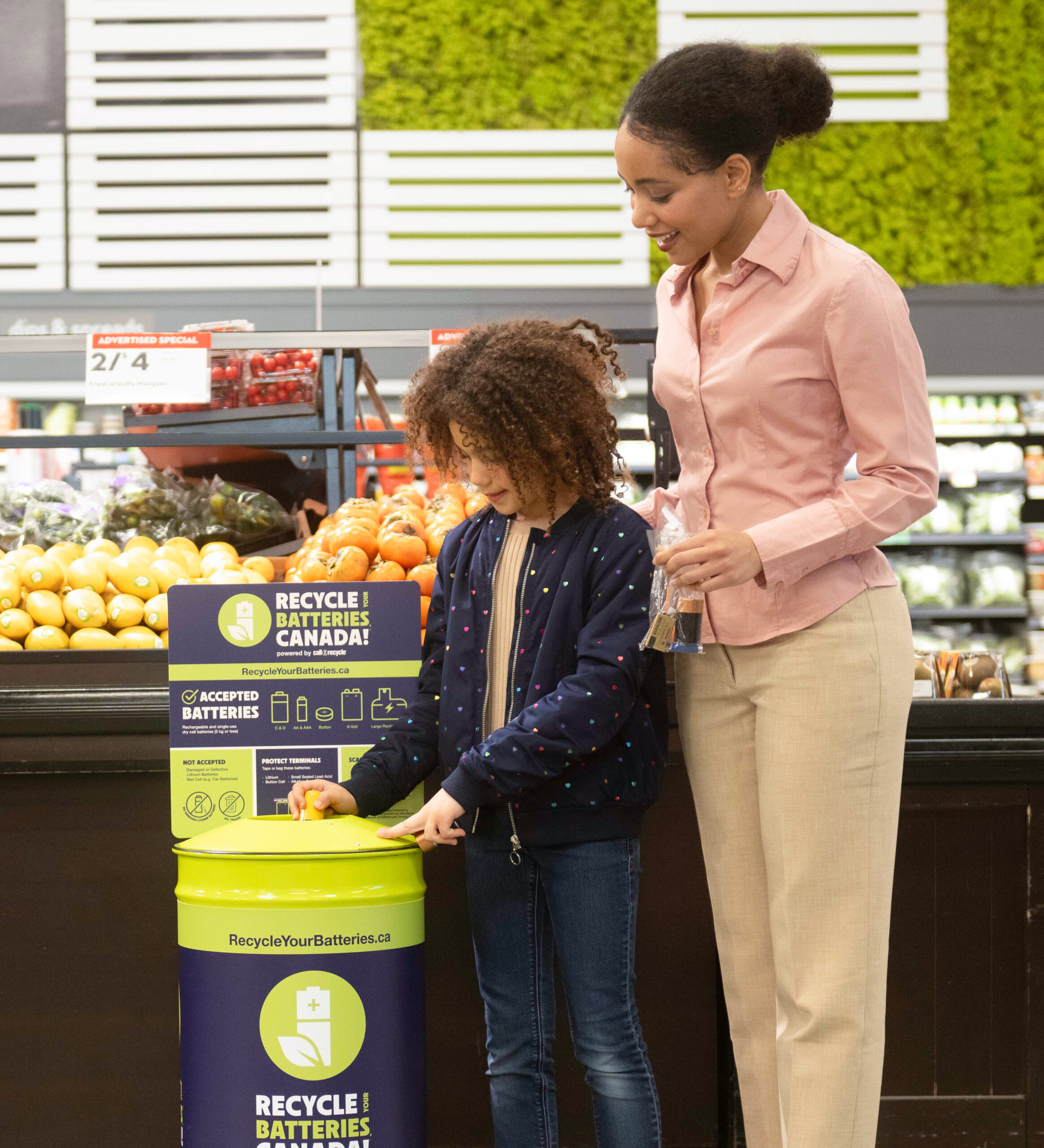
Step 1: Collect
The batteries in your house don’t all lose their charge at the same time, so it’s important to collect used batteries in a non-metal container – like a glass or plastic jar – so you can conveniently recycle them together.

Step 2: Protect
Some batteries – particularly lithium, small sealed lead acid (SSLA), coin cell and alkaline batteries 9V or higher – require precautions because they can cause sparks when they come into contact with metal or other batteries.
You can help prevent this by protecting the terminals in one of two ways:
Option 1: Tape terminals
Cover the terminals with clear packing tape, duct tape or electrical tape. Be sure not to cover the brand name or chemistry on the label.
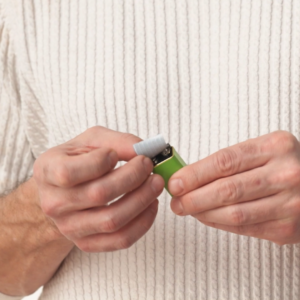
Option 2: Bag and seal
Place each battery in a clear, sealable / zipped bag.
Once you have collected your batteries and protected the terminals, store your battery-safe container in a cool, dry place, away from the sun.
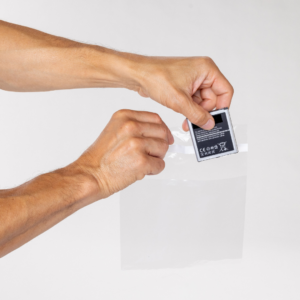
Step 3: Drop Off
After safely collecting and protecting your used household batteries, we recommend dropping them off every THREE (3) months to avoid corrosion.
Use our online locator tool to find your closest drop-off location. You can contact your preferred location in advance to confirm hours and availability.
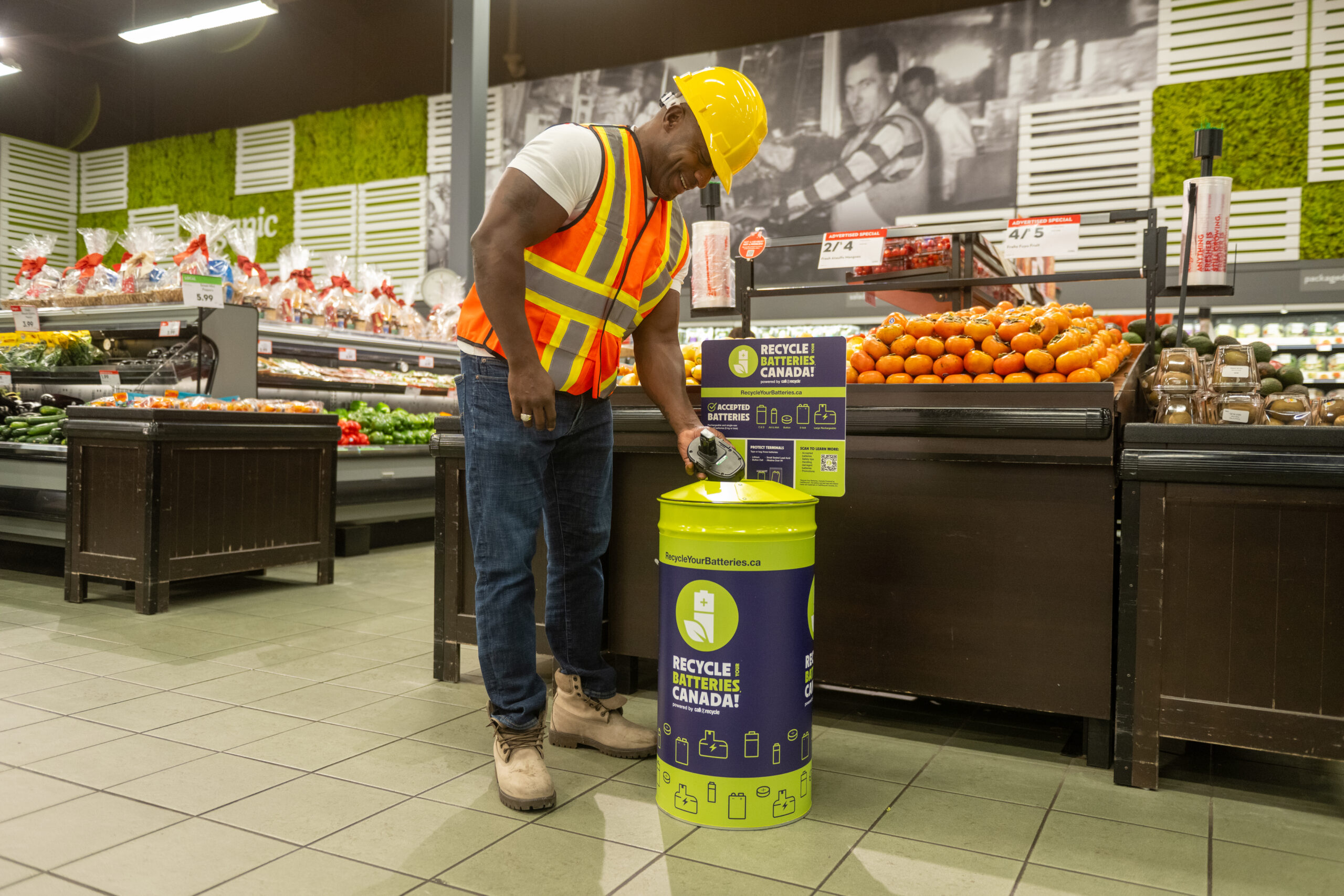
What batteries can be recycled?
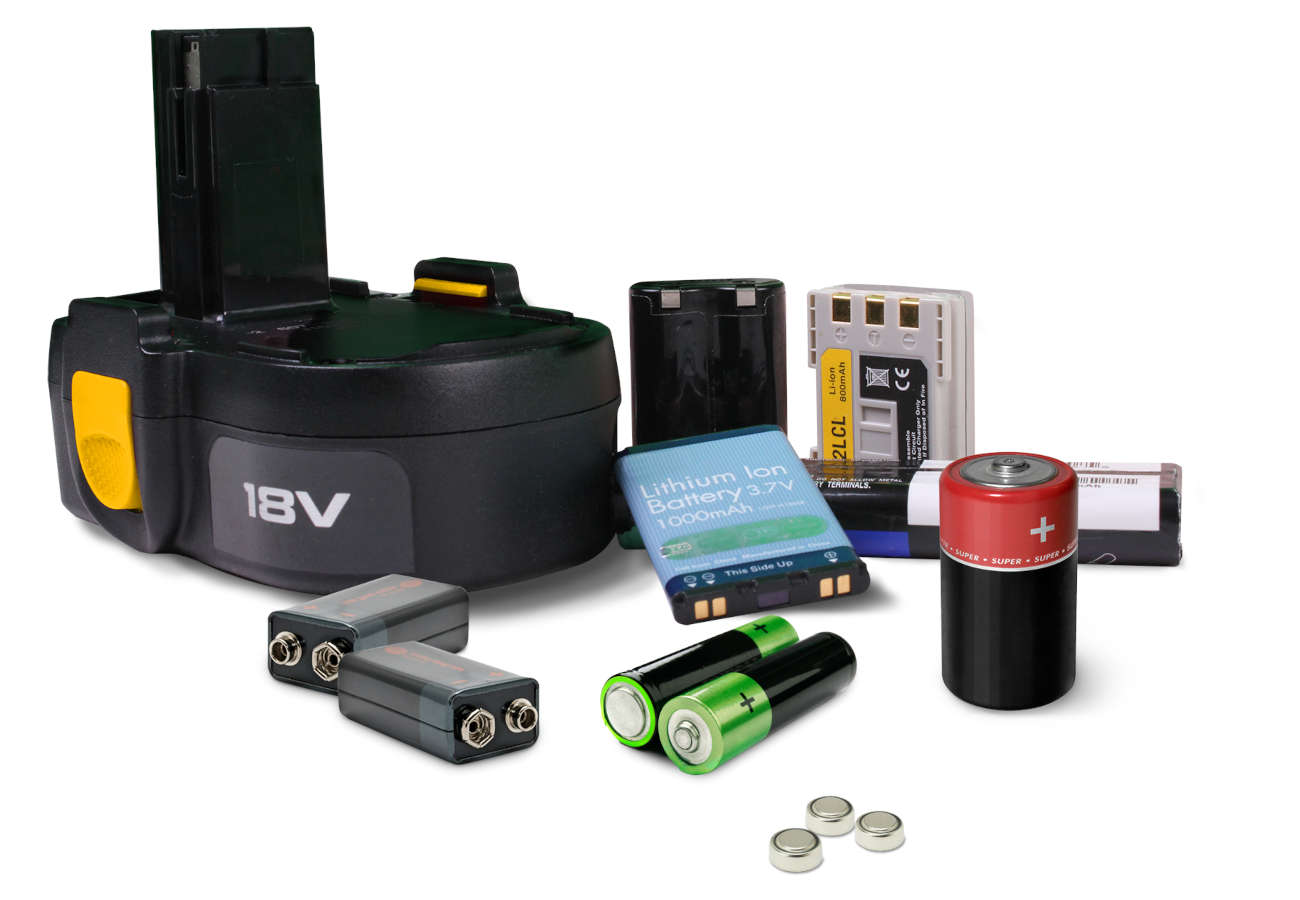
Accepted Batteries
Recycle Your Batteries, Canada! manages the collection and recycling of single-use and rechargeable dry-cell household batteries (weighing up to 5 kg each).
Not sure what type of batteries you have?
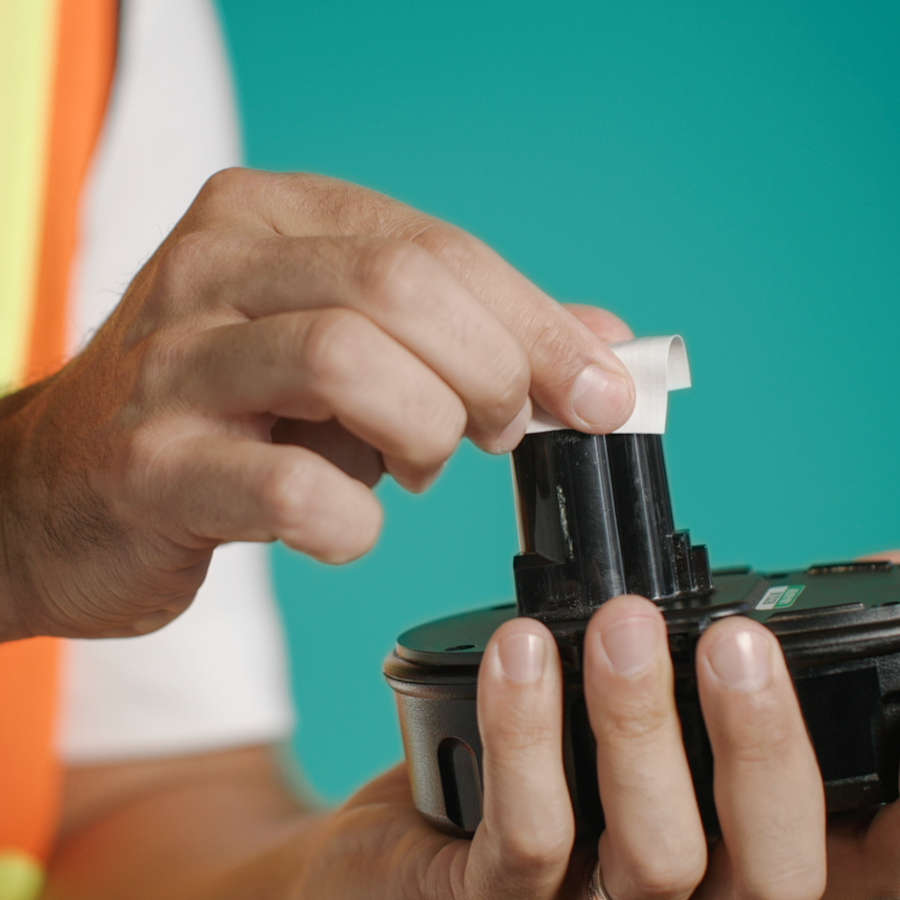
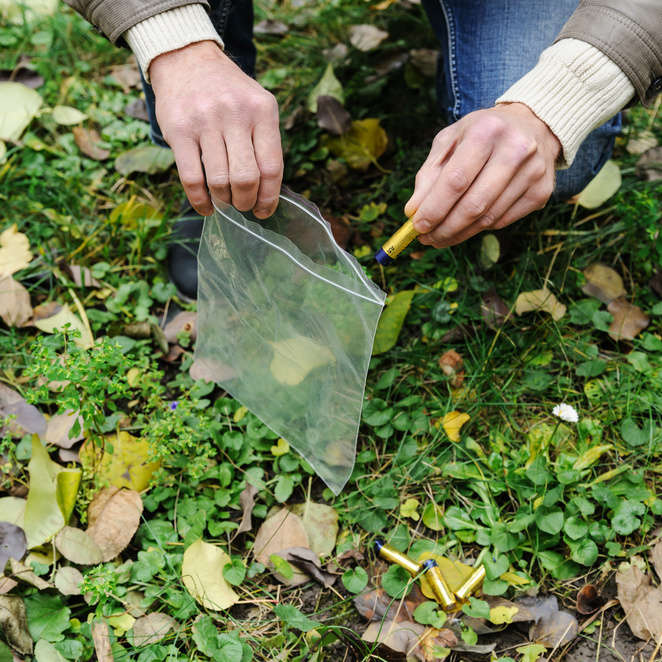
Why you should recycle your batteries

Protect the environment
From household appliances to cordless tools, remote controls, toys and other portable electronics, batteries help power our world.
But what happens when batteries fade, or can no longer be re-charged? Each year, millions of batteries end up in landfills, where toxic chemicals could harm the environment. Recycling your batteries helps prevent this from occurring.
Since 1997, we have collected and recycled over 60 million kilograms of batteries across Canada.


Battery safety
Even used batteries retain energy, so if they are improperly stored or disposed of, they can cause fires due to sparks if they come into contact with metal or other batteries.
If you collect, protect, and drop off your used household batteries, you can help prevent fires.
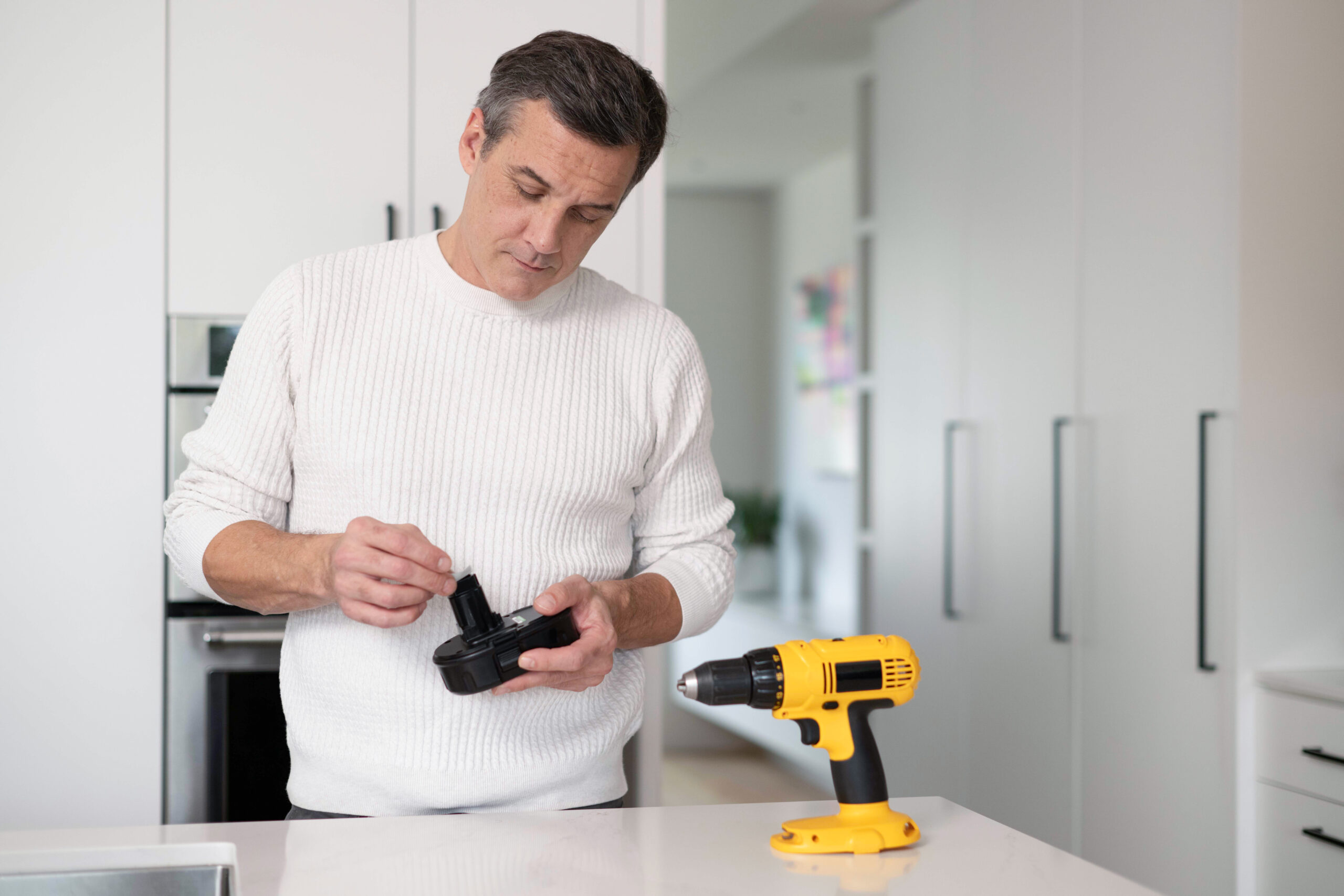
Circular economy
By properly recycling household batteries, Canadians can divert batteries from landfill, and help reclaim rare metals, so they can be re-used to make new products. This reduces the need to mine new raw materials and helps build a strong circular economy.

Where to bring
your batteries
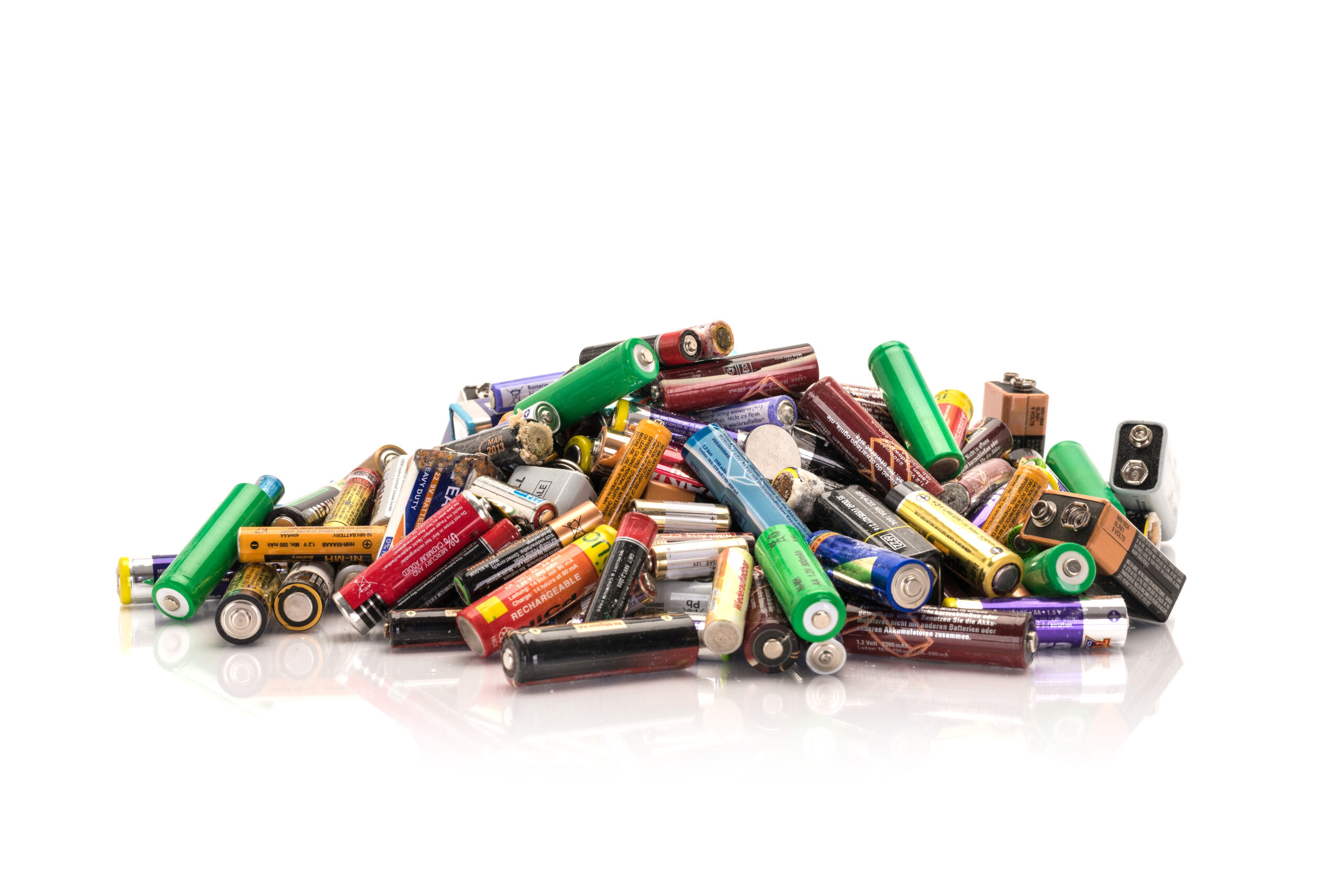
Recycle Your Batteries,
Canada! locations
We have over 15,000 household battery drop-off locations across Canada. You can find them at pharmacies, hardware stores, grocery stores, municipal depots, and other facilities. Find the one closest to you.

E-Mobility batteries
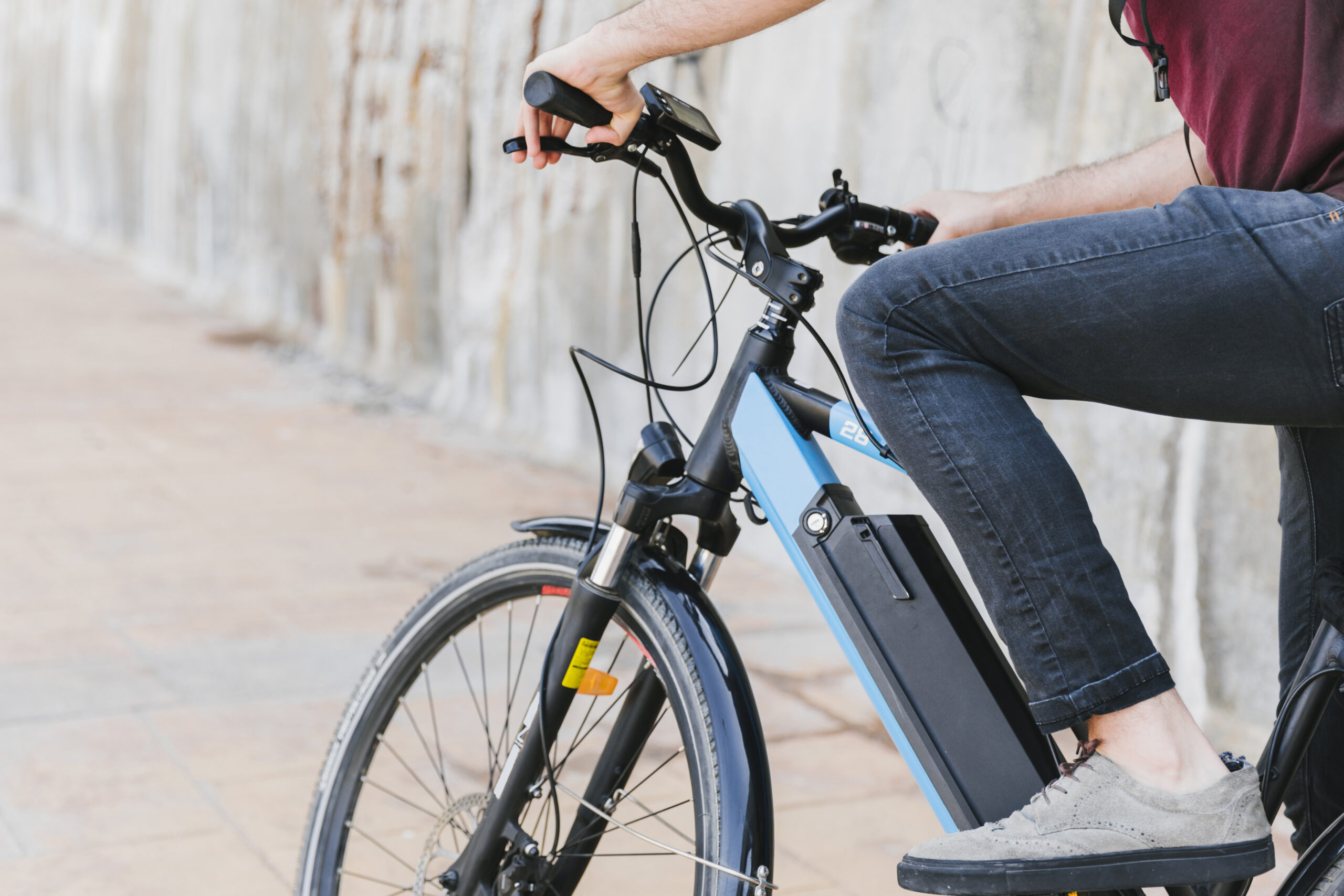
Proper disposal
Electric bicycles (e-bikes) and electric scooters (e-scooters) are becoming more popular all the time, but at end of life, e-mobility batteries need to be disposed of properly.
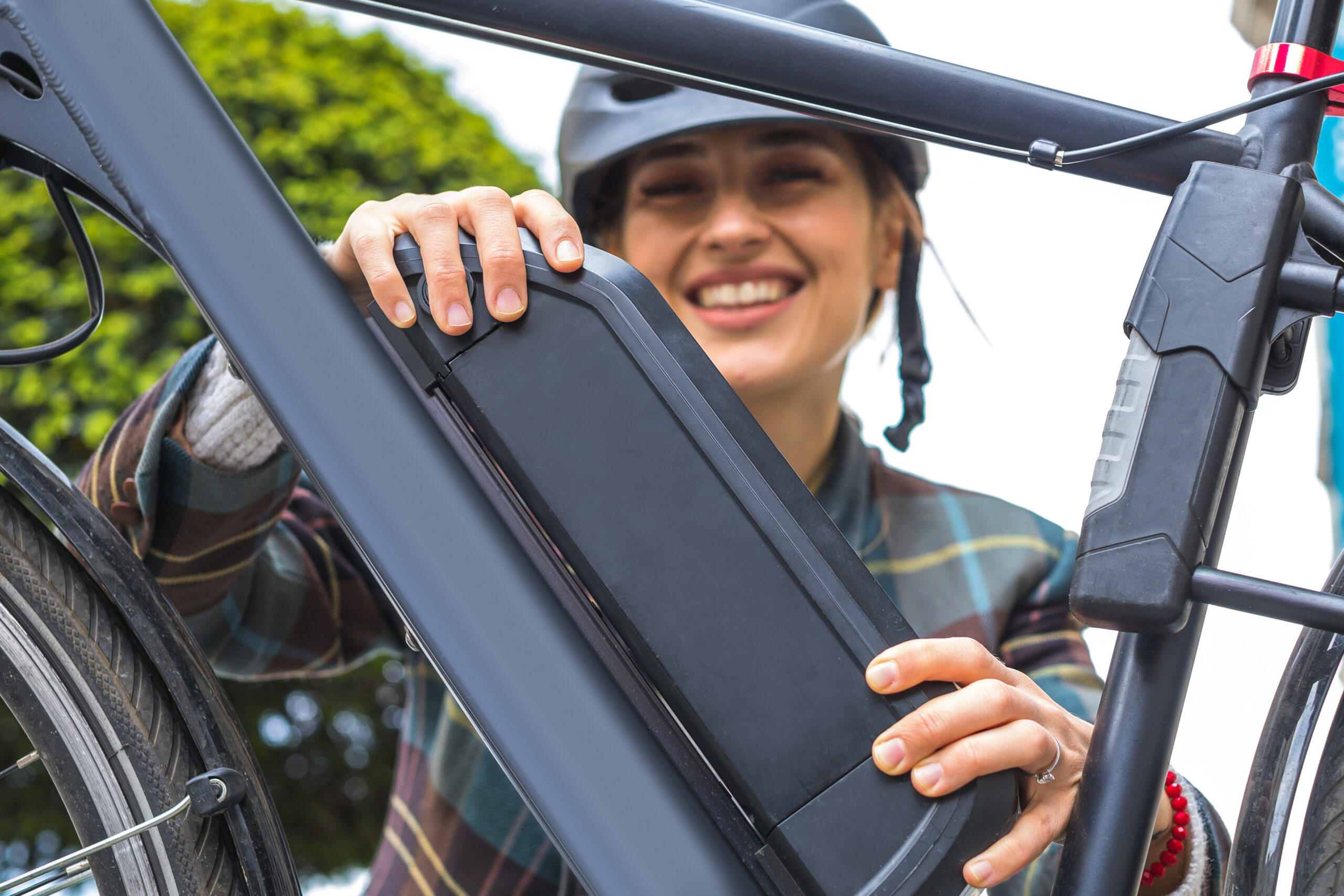
Select drop-off locations
Batteries for e-mobility devices can be dropped off at select locations that accept them.
Use our locator tool and select “e-mobility batteries” under the search filter to find a location near you.

Battery Safety

Safe handling
Make sure you know how to safely handle used household batteries. Learn how to identify if they’re damaged or defective, and how to safely dispose of them.

